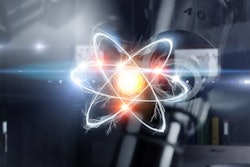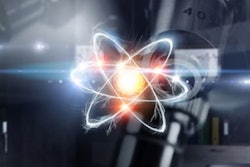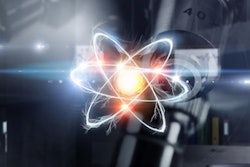NorthStar Medical Radioisotopes will shut down its molybdenum-99 (Mo-99) production facilities in Beloit, WI, by the end of 2023, citing increasing costs and competition, the company reported.
According to a statement, NorthStar is currently reaching out to all active customers and suppliers to mitigate any disruptions in the supply chain.
“With a global market environment dominated by foreign-government subsidized competitors and new entrants in the wings, and given steadily increasing costs for raw materials, reactor irradiation, and processing, we have concluded that the Mo-99 program is no longer sustainable,” NorthStar President and CEO Frank Sholz, PhD, said in response to a query from AuntMinnie.com.
No shortage is expected of Mo-99’s daughter decay chain isotope technetium-99m (Tc-99m), which is used in an estimated 40,000 diagnostic nuclear medicine exams each day in the U.S., said the Society of Nuclear Medicine and Molecular Imaging (SNMMI).
“SNMMI has reached out and evaluated the impact, and it doesn’t appear there will be any shortage of material,” the organization said.
NorthStar has communicated the decision to employees and over the coming weeks will redeploy individuals whose jobs are being eliminated where possible, it said.
The decision ends the company’s involvement in a subsidized program led by the U.S. Department of Energy's (DOE) National Nuclear Security Administration (NNSA). Over five years, NorthStar received more than $50 million in an agreement to help to secure a reliable U.S. supply of the isotope and help reduce U.S. dependence on foreign sources of highly enriched uranium.
NorthStar completed construction and installed new equipment to increase Mo-99 supplies in 2022 and in January, the facility launched production using proprietary electron accelerator technology.
“Development of new methods for Mo-99 production without the use of fissionable material was technically challenging,” Sholz said.
However, he added that the company’s involvement in the program proved that non-fission technology works and can be used to manufacture and distributed Mo-99 to service the U.S. radiopharmacy market.
“We are proud of those accomplishments,” Sholz said.
In related news, in January 2022, Shine Medical Technologies and the DOE inked contracts under the same program to produce Mo-99 at a new facility under construction at its site in Janesville, WI.
NorthStar will now dedicate its resources to the development and commercial production of two medically important radioisotopes in short supply – Actinium-225 (Ac-225) and Copper-67 (Cu-67), Sholz said. Ac-225 is a high-energy alpha-emitting radioisotope used in clinical trials to deliver therapeutic doses of radiation to destroy cancer cells in patients.
“NorthStar believes these decisions will result in a stronger organization that can help more rapidly advance the treatment of cancer and other serious illnesses,” Sholz noted.



















